People Who Feel Hopeless & Lost As They Get Older Usually Have These 11 Reasons
Everything around them is changing again.
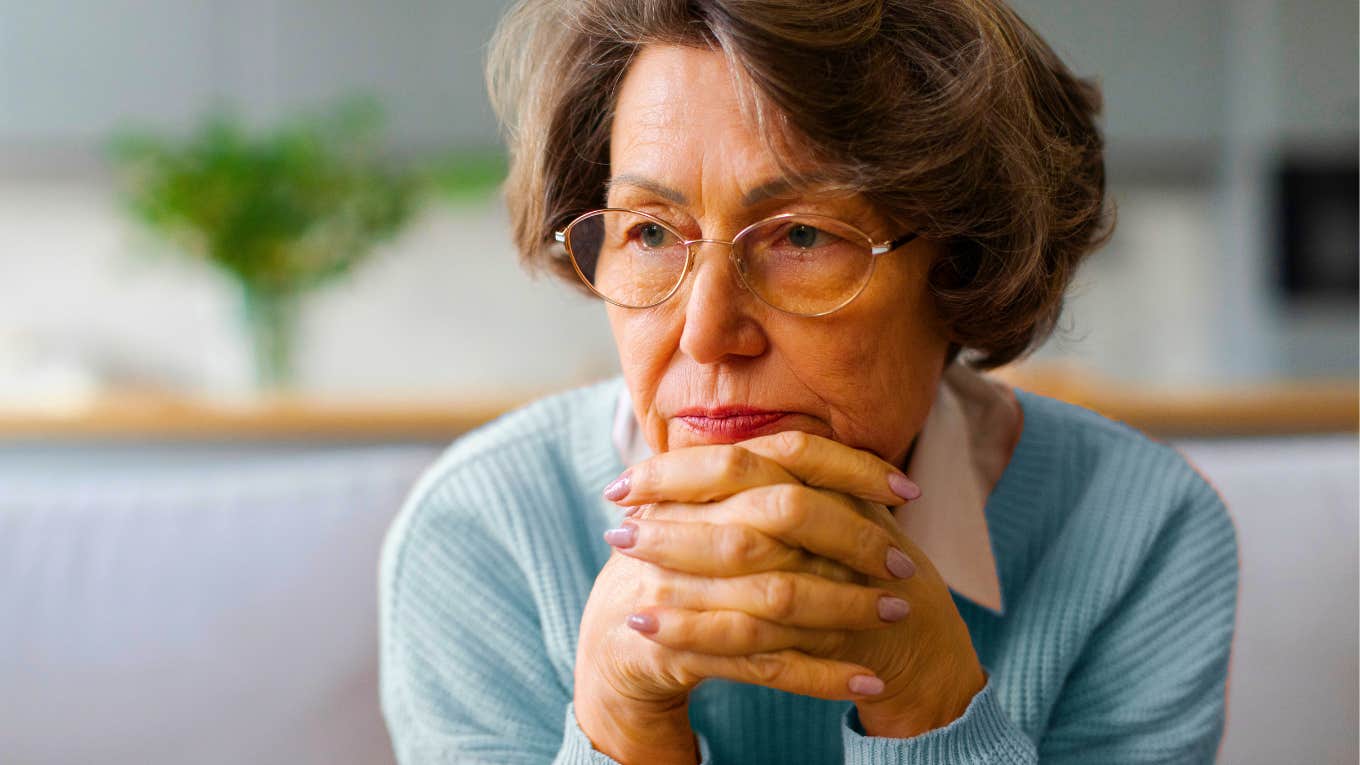 fast-stock / Shutterstock
fast-stock / Shutterstock Along with psychological well-being and general physical health, things like life purpose and meaning also play a role in influencing people’s mental health as they get older, according to a study published in The Lancet journal. So, as they get older and their interests, relationships, appearance, and careers change, it’s not surprising that their psychological well-being also requires a shift to maintain clarity and stability.
Of course, people who feel hopeless and lose as they get older are experiencing these life changes for the first time and evolving right alongside everyone else. While they often feel disorienting, these moments can also be a profound time for transformation, renewal, and positive change with the right intentions.
People who feel hopeless and lost as they get older usually have these 11 reasons
1. They’ve always followed the ‘rules’
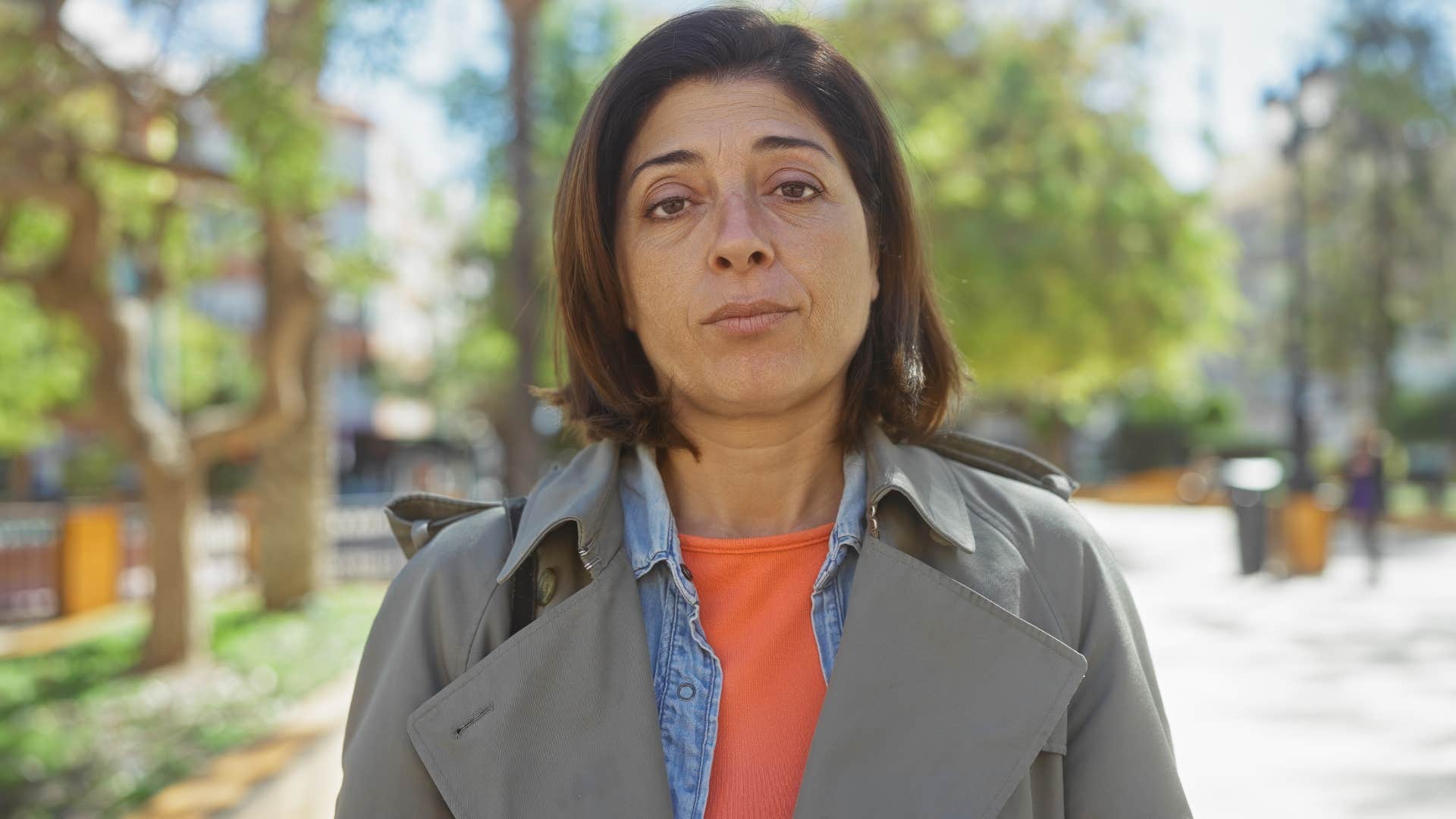 Krakenimages.com | Shutterstock.com
Krakenimages.com | Shutterstock.com
Especially for generations like the baby boomers, their young lives and adult experiences have largely been crafted by traditional social norms and expectations. Whether it was traditional relationships, a 9-to-5 career, or fulfilling side hustles, they’ve played by the “rules” and found stability in following them ruthlessly.
However, with age also comes a level of self-esteem growth and empowerment that pushes people to try new things and get out of their comfort zone — alongside inevitable life changes that push them into these spaces without consideration.
Even though they’re no longer shackled entirely by societal norms, things like changing jobs, retirement, or “empty-nesting” can often make them feel lost before they grasp how to navigate them with ease and clarity.
2. They’ve suppressed their dreams for too long
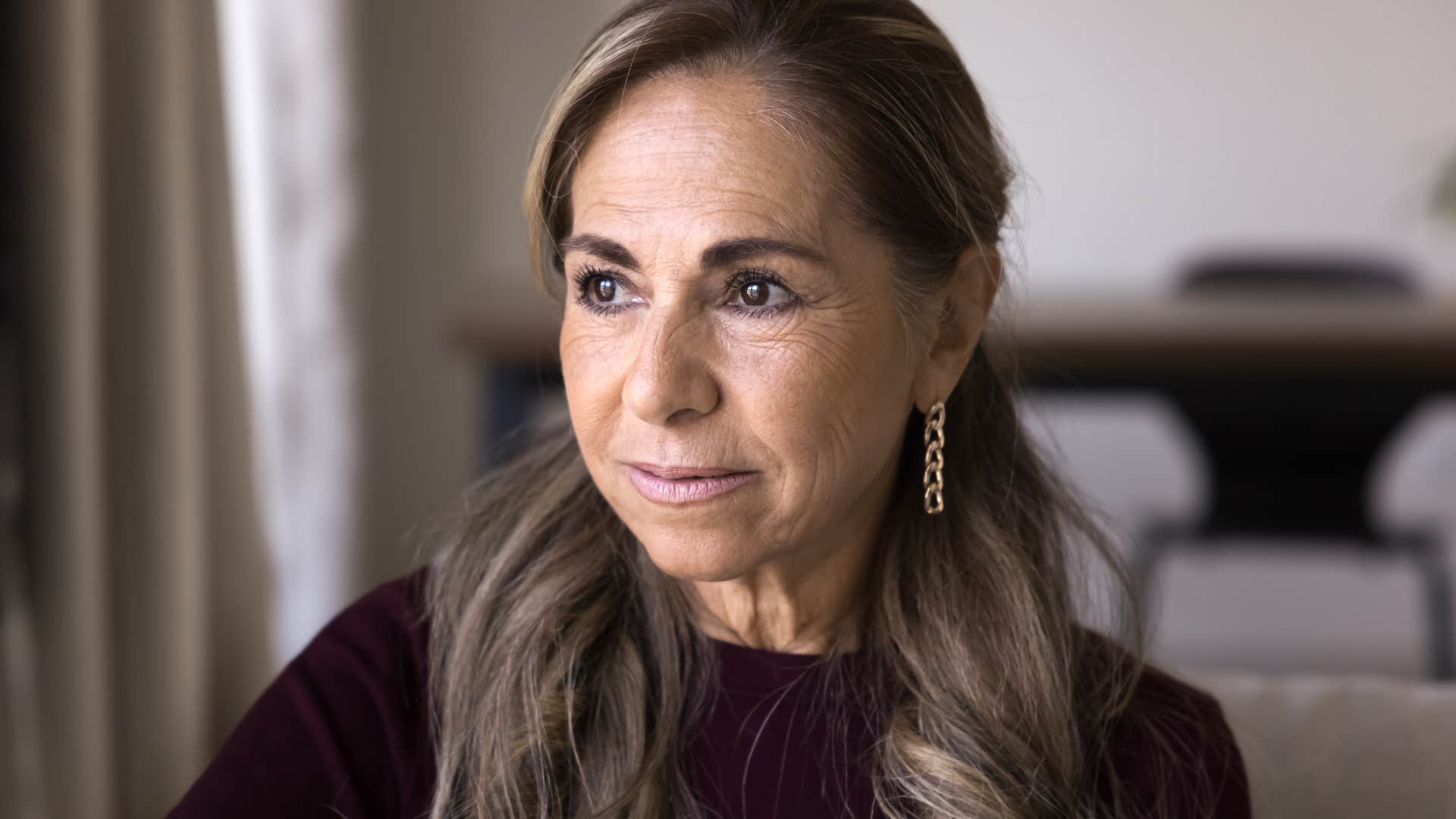 Fizkes | Shutterstock.com
Fizkes | Shutterstock.com
Especially in old age, many people believe they’re no longer capable of achieving their dreams or crafting new goals for the future. They live with limited beliefs and alongside the misguided truth that “their time is up,” even if that couldn’t be further from the truth.
People who feel hopeless and lost as they get older usually have these reasons. They’ve spent their entire life searching for external validation or playing by the “rules,” so much so that their internal passions and dreams have been pushed to the back burner.
If this sounds like you, let this be your reminder: the best time to chase your dreams is right now. Even if it feels uncomfortable to put yourself first or overcome the social stigma of fulfillment with age, you’re just as capable — if not more so — of chasing them now, as you were 3 decades ago.
3. They’ve experienced loss
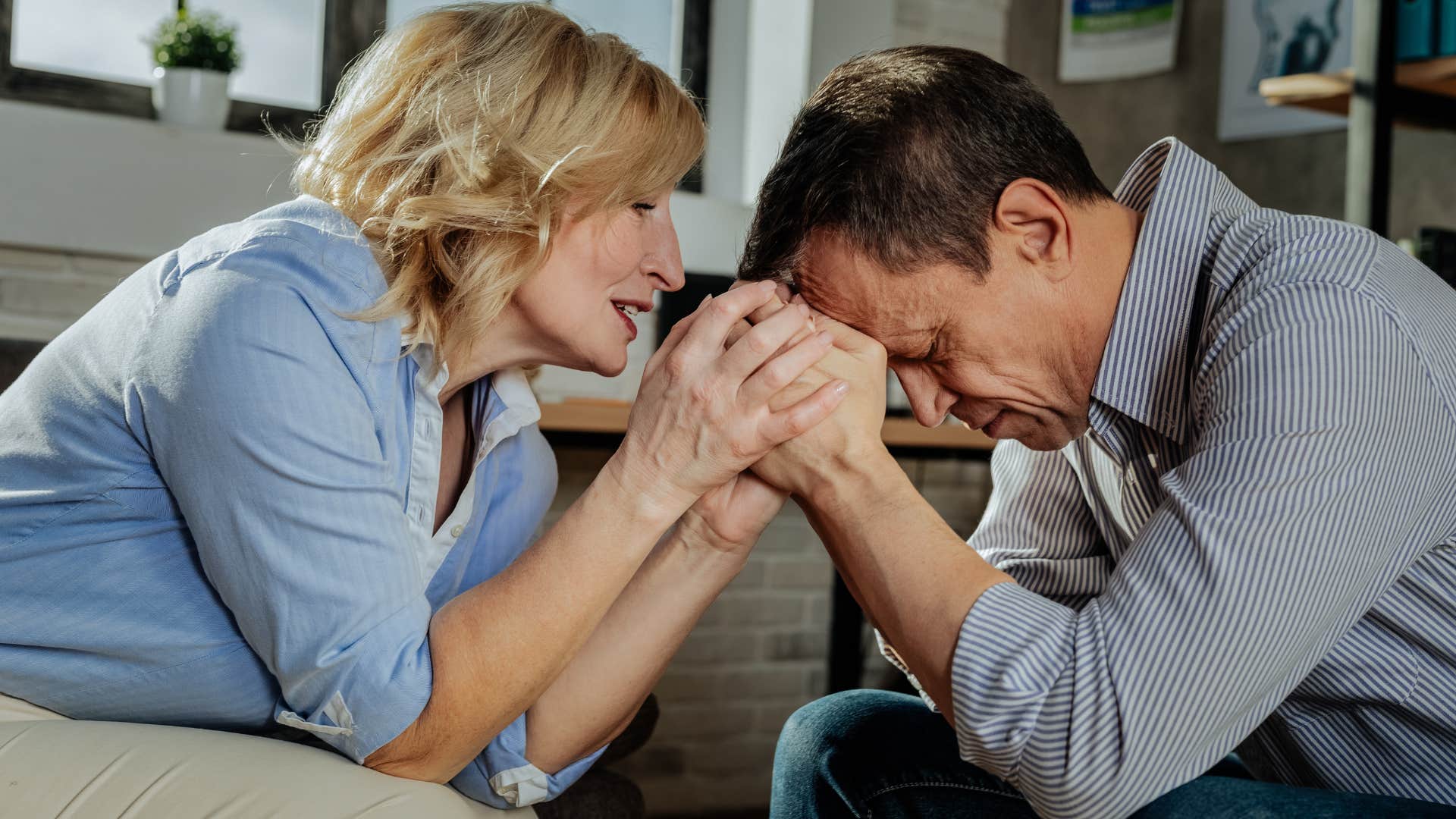 YAKOBCHUK VIACHESLAV | Shutterstock.com
YAKOBCHUK VIACHESLAV | Shutterstock.com
As you get older, tackling the weight of grief and loss becomes less of a future fear and more of a reality. There’s no escaping it — everyone will have to shoulder their grief and navigate loss at some point in their lives, but as you get older, it becomes more relevant and real.
There’s good news, though: you’re not alone. Even if you feel invisible or emotionally numb, trying to navigate life without the people closest to you, there’s always a light at the end of the struggle. People who feel hopeless and lost as they get older may be dealing with grief, but that doesn’t mean they’ll never feel happy and fulfilled again.
Grief doesn’t simply go away. It may always linger inside of you and pull your attention away from the present moment, but it becomes slightly easier to deal with when you address it. Don’t let it consume you forever.
4. They’ve stayed in unfulfilling relationships
 MDV Edwards | Shutterstock.com
MDV Edwards | Shutterstock.com
According to clinical psychologist Roxy Zarrabi, many people stay in unhealthy relationships for a million different reasons — it’s not always as simple as walking away for some people, especially those who have committed decades to a partner.
Whether it’s a fear of being alone, a guilt about the time they’ve been together, or a personal anxiety about “starting over,” people who feel hopeless and lost as adults may simply be stuck navigating a toxic relationship.
Whether they’re realizing that this person isn’t healthy for them or finally choosing to leave, it’s not uncommon for them to feel disillusioned by this massive change. It’s more than normal. It might not be initially easy to cope with or navigate, but putting themselves first will eventually pay off in powerful and transformative ways.
5. Their identity was always tied to other things
 Krakenimages.com | Shutterstock.com
Krakenimages.com | Shutterstock.com
Whether it was tied to their kids and being a parent or strongly to their career, people who feel hopeless and lost as they get older may simply be figuring out who they really are. Without all of the external validation, needs, and relationships that they started adulthood yearning for — from kids to a career — they now have the time and space to restructure their lives from the ground up.
Of course, it sounds more exciting on paper than it may feel in person, but view it as an opportunity. You get to rediscover yourself and re-find passions that add value to your life, while still appreciating the work, time, or relationships that have stuck around.
6. They don’t have a solid foundation of coping skills
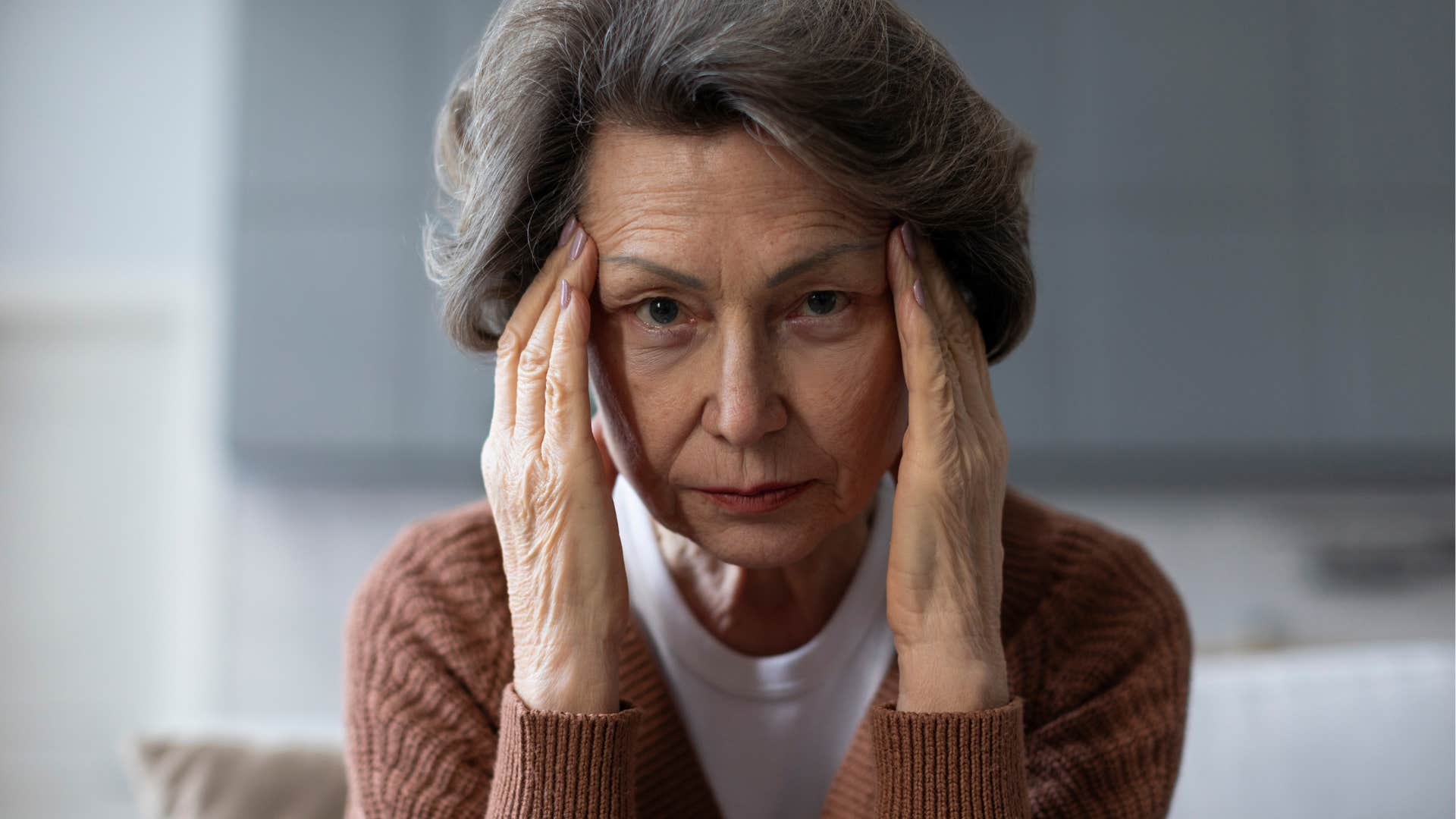 Fast-stock | Shutterstock.com
Fast-stock | Shutterstock.com
For many people who grew up in an era of mental health stigma and pressures to suppress discomfort, chances are they don’t have the emotional intelligence or coping skills they need to thrive in this stage of life. Especially as new pressures from aging, empty-nesting, retirement, and grief come in full circle, it’s much harder to navigate life without feeling hopeless if you don’t know how to address and heal complex emotions.
People who feel hopeless and lost as they get older are missing out on the mental health benefits of emotional regulation and intelligence. The good news is, there’s always time to learn. It may not be initially comfortable to ask for help, go to therapy, or start rewriting your old, unproductive mental health habits, but in the end, you’ll feel happier and more secure by doing them.
7. They’re people-pleasers
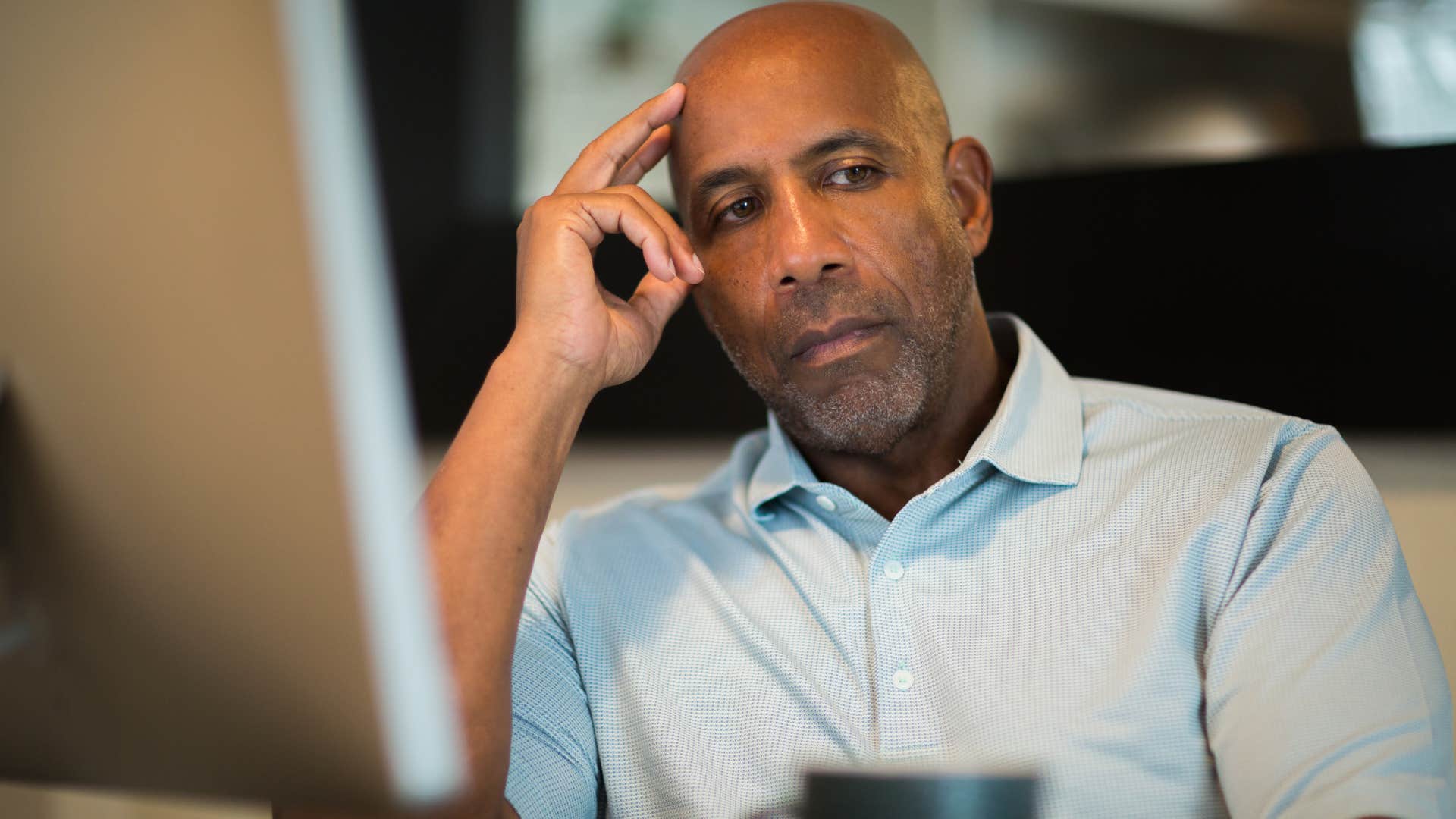 pixelheadphoto digitalskillet | Shutterstock.com
pixelheadphoto digitalskillet | Shutterstock.com
If someone feels hopeless and lost as they get older, chances are they’ve been instilled with a need to people-please. While it’s often easy to make excuses and cope with the struggle of people-pleasing behaviors as a parent, when you’re doing it for the well-being of your kids, when they leave the house, grappling with your lack of internal support is profoundly negative.
By overriding the internal desire to people-please and instead standing up for themselves, they can pave a healthier path forward, without the emotional drain and exhaustion of constantly showing up for others with nothing in return.
8. They work too much
 insta_photos | Shutterstock.com
insta_photos | Shutterstock.com
Even if it offers a fleeting sense of comfort and distraction from the chaos of their personal lives or even prompts external validation that feels superficially empowering, a person who constantly overworks themselves is pushing burnout into their routines.
Not only does burnout negatively affect mental health and emotional well-being, prompting hopelessness and loneliness in the lives of its victims, but it can also strongly impact physical processes and well-being for the worse.
What’s the key to overcoming this exhaustion, but still seeking fulfillment through work? Setting healthy boundaries, prioritizing rest vehemently, and making time for rest, before they absolutely need it to survive.
9. Their nervous system is in ‘survival mode’
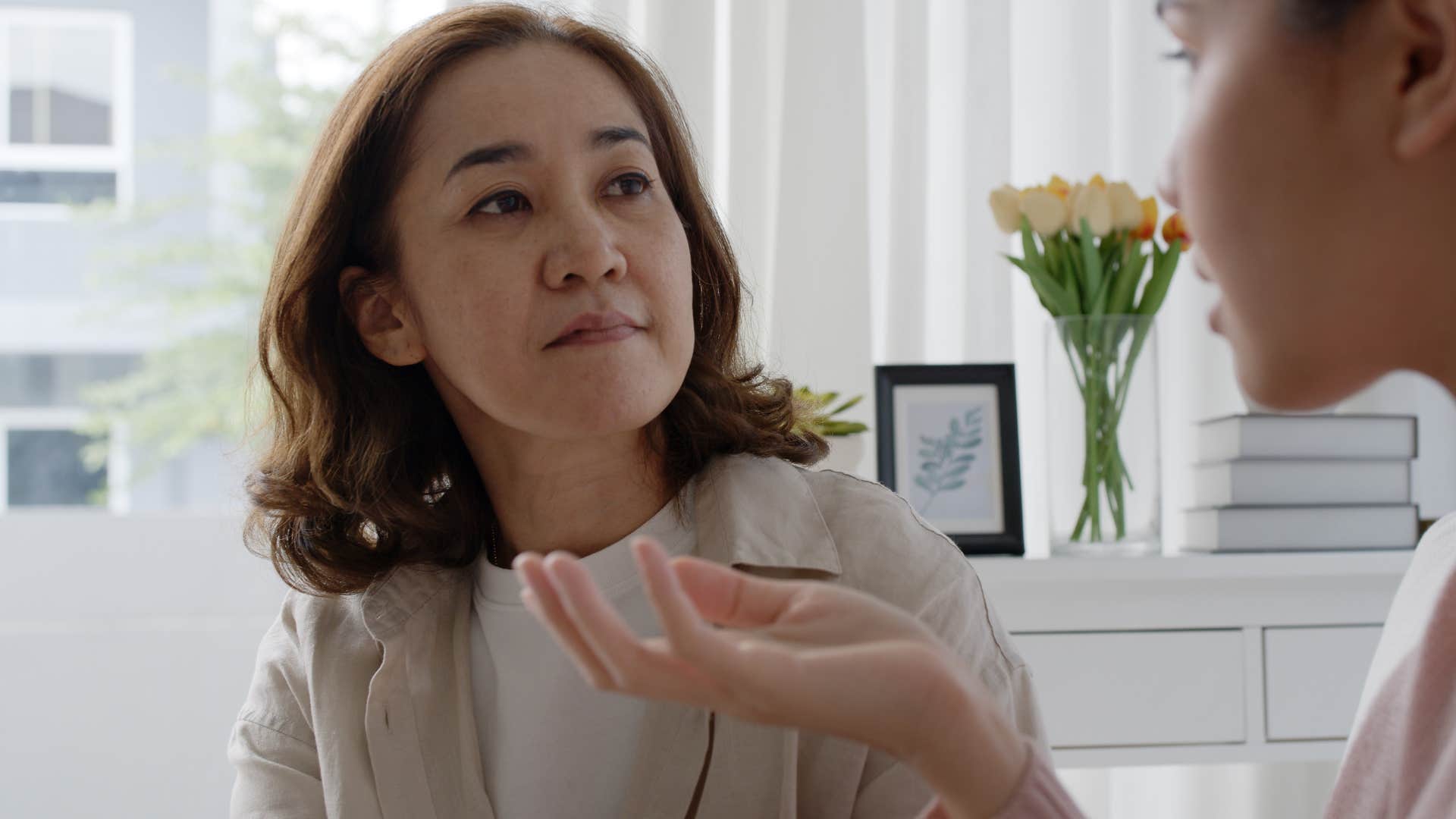 Chay_Tee | Shutterstock.com
Chay_Tee | Shutterstock.com
When our emotions are actively suppressed all of the time, we’re overworking ourselves, and not making space for rest, of course, our nervous system is going to be stuck in “survival mode.” Like experts from Harvard Health explain, it’s often the only way our body knows how to respond to this level of stress without healthy coping mechanisms — to shut down and cling to “fight or flight” mode.
People who feel hopeless and lost as they get older may simply need to restructure their routines and get honest about how they’re actually coping. Escaping with mindless entertainment on TV and suppressing complex emotions to deal with later isn’t the way — you’re only pushing your body and mind closer to burnout and exhaustion.
There’s hope for anyone who feels hopeless — it just takes courage, intention, and change.
10. They’re disconnected from play
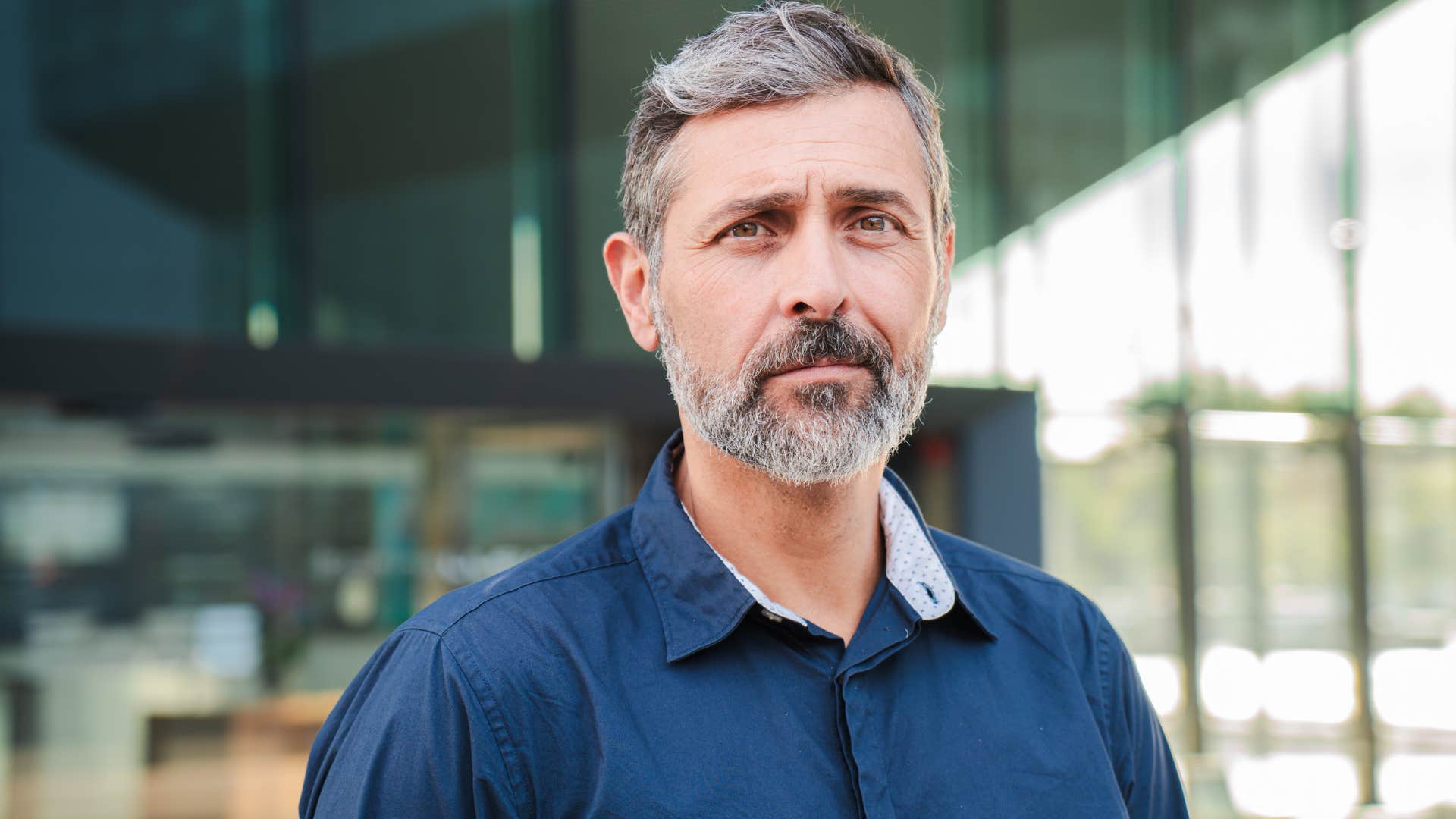 Jose Calsina | Shutterstock.com
Jose Calsina | Shutterstock.com
There are a million reasons why “play” is just as important for adults as it is for kids. Not only does it boost cognitive function, but it also protects mental health, promotes a happier mood, and reduces stress — all things that the average adult could benefit from.
Whether it’s planning a date night, making time for self-care, trying a new hobby, or reinventing old interests they loved as kids in their adult lives, this kind of play is essential — and if you’re not making time for it, chances are you’re feeling lost without direction.
11. They’re selfless to a fault
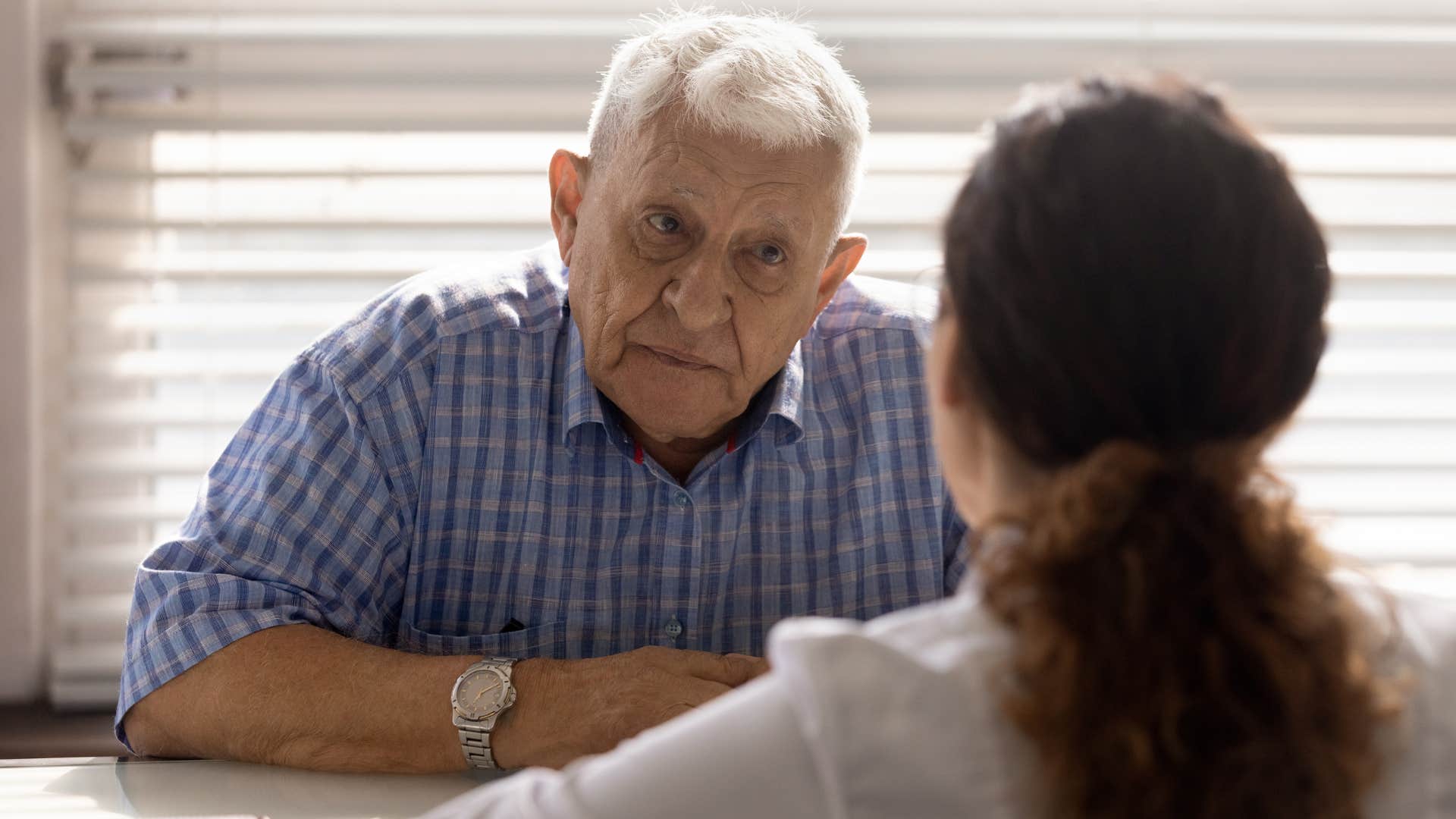 Fizkes | Shutterstock.com
Fizkes | Shutterstock.com
In alignment with people-pleasing tendencies, people who feel hopeless and lost as they get older may have been taught from a young age to be selfless to a fault. They’re always putting everyone else’s needs above their own, whether it’s their partner, their parents, their kids, or peers at work.
However, the key to showing up for the people you love in the best way possible is putting yourself first. It seems ironic and counterintuitive, but it’s true — if you’re not looking out for yourself, resting, and filling your own cup, you’ll have nothing to give to anyone else.
Zayda Slabbekoorn is a senior editorial strategist with a bachelor’s degree in social relations & policy and gender studies who focuses on psychology, relationships, self-help, and human interest stories.

